Jana Varga - Chicory (2025)
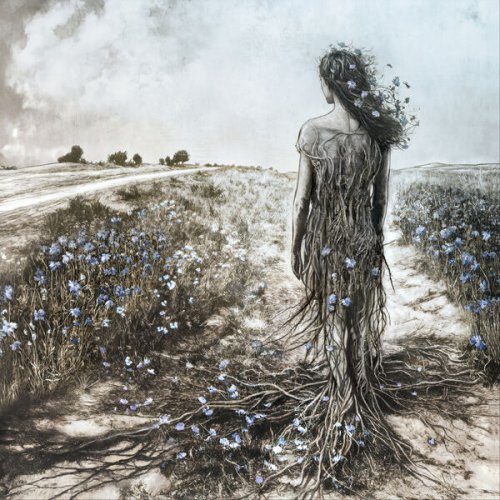
Artist: Jana Varga
Title: Chicory
Year Of Release: 2025
Label: Independent
Genre: Folk, Jazz, Singer-Songwriter
Quality: 320 / FLAC (tracks)
Total Time: 41:41
Total Size: 98 / 225 Mb
WebSite: Album Preview
Tracklist: Title: Chicory
Year Of Release: 2025
Label: Independent
Genre: Folk, Jazz, Singer-Songwriter
Quality: 320 / FLAC (tracks)
Total Time: 41:41
Total Size: 98 / 225 Mb
WebSite: Album Preview
01. Chicory (There By The Road) (4:40)
02. Someone To Hold (3:51)
03. Sirens (3:51)
04. Fisherman's Trade (5:22)
05. Little Red Bicycle (4:04)
06. Electric River (5:26)
07. Higher (4:44)
08. Love Me So (3:33)
09. Wait For Me (3:26)
10. Oh Light (2:47)
Slovak-born and London-based, Varga’s debut full length album, Foreigner Face, was, as the title suggests, rooted in the emigrant experience. The follow-up, Chicory, while still addressing such aspects, is, drawing on Slovakian folklore, more about storytelling with themes of family, love and identity. Musically, it’s a more stripped back affair with just her voice and acoustic guitar, occasionally complemented with piano, fiddle, bass and electric guitar, its folk colours tinted here and there with splashes of jazz, conjuring thoughts of vintage Carole King, Janis Ian and Paul Simon circa Hearts And Bones.
Introduced with waves of resonant guitar before settling into a fingerpicked arrangement with Frank Gallagher on fiddle, it opens with the title track, subtitled ‘There By The Road’, the flower, as folklorists will know, found in many myths. Originally, according to Roman legend, a beautiful woman was turned into the flower when she refused to marry the Sun, condemned to watch him rise and set for eternity. Varga, however, favours Germanic legend which tells of a woman waiting by the road for the return of her soldier lover from war, pleading to be turned into a wayside flower should he not (“She stood there alone/Her eyes on the horizon/No shadow but her own…Her feet now roots/In tear-watered ground”).
Love in a time of anxiety informs ‘Someone To Hold’, recalling how once “Back in the 90s we used to run/Behind the country fence…we never feared the alleys after dark/One way streets of human heart” while now “The older I get/The meaner the world/And I really need someone to hold”, where innocence, once “street-wise and fearless like tigers get” is now at the mercy of “hunters and their maps/Of falling prey to poachers’ traps”, alone in a “jungle of million streets” where “everyone speaks of erosion of the mind”.
Greg Sanders on bass and electric, that sense of loss, transience and lack of a compass is there too on the urban backdropped ‘Sirens’ (“Some lights go out/While others are being born…Sirens weep, lights turn green/And in between we breathe/Time we know swallows us whole/As we ride along, where, where do we go?”), questioning the capacity of love to fill the void (“will this lifetime suffice/To fulfil both hearts?”) in the roulette of life . But even so, this is about persisting not resigning as while “he’s lost too many times/Still tomorrow he’ll be back” for another spin and “Time still flows inside white bones”.
Piano is introduced with ‘Fisherman’s Trade’, a multi-generational story exploring the experience of émigrés and holding on to a sense of identity and home while venturing into the world beyond (“I’m still young and I travel the world/In love with people that I meet/But I belong where my people stayed/‘Cause I’m a son of the fisherman’s trade”) and while the city lights might call the narrator from the harbour where generations have sailed for the catch, “how lonely/Life far from home can be/Searching the distance/For that lighthouse at sea”.
One of the most Simon-like tracks, ‘Little Red Bicycle’ uses it as a metaphor to speak of freedom (“I’ve learnt to ride a bicycle in the mountains/It was a time when the time didn’t exist/Little taste of freedom”) and the wealth of a simple life (“And even though some days were hand to mouth/I’d never trade the glory of a simple living/Wandering child rarely senses danger/And the clouds tell stories only to her/Sun that kissed her skin is always kind/Smell of grass and earth in the rain/Just lingers forever”). But a reminder that “We are fragile in our freedom/It’s a kind of a promise/A flying bird of a short-lived bliss”.
The longest track at over five minutes and again arranged for piano, adopting the image of electronic media ‘Electric River’ is about communication and miscommunication (“I can hear you with distortion/Line breaks up your voice goes/Wires stretch through land and under ocean/Electric current flows/Current of language is charged/It’s a choice of words/That flow through each mind and every heart/With a power to move and stir”) and travels through themes of abandonment (“I found myself talking to God/Once I left the church/I said ‘don’t you find it wrong, don’t you find it odd/To leave me behind when I am hurt’?”) and how careless words have the power to hurt (“I saw birds in isolation/They were naming names/Fragile rights in violation”) in a call to listen to the other side and approach our disputes and differences with kindness.
Adopting the metaphors of flying a kite (“my fist wrapped tight around the chain”) and a swing (“the world’s spinning fast in my brain/On the swing, push me higher”), ‘Higher’ again speaks to the siren call of what lies beyond (“Shadow clouds they are calling me/They sing of far away lands/How he left his village with nothing/But those clouds in his hands”) and (whether through faith or a partner) of overcoming the odds together (“I turn to the rock I have in him/When the days rock me to and fro…Through the darkness and danger of dreams/He paved a path in the woods/My own two feet follow that trail/Trail of the stubborn and misunderstood…but the hardships I found have been worth it”).
Two introspective songs on matters of the heart follow. With guitar and piano, on ‘Love Me So’, confessing “I’m scared of losing my youth/Does that make me shallow?”, she wonders why she deserves it (“Lately I’ve been wondering to myself/Trying to get inside your head/Of all the roads you could be taking/Turns you could be making/You choose to love me so”), and although “Sometimes I’m not proud of things I did/They come back and stare at me in dreams…you see through the pain/Tears roll and rain/And you choose to love me so”), the song returning to the start as she flips the lines “lately I’ve been caring for myself/Trying to get it right inside my head/Of all the roads I could be taking/Turns I could be making/I choose to love you so”. That’s followed by the bittersweet fingerpicked ‘Wait For Me’, the raindrops returning, the lullabying melody masking a sense of guilt that while “My work is done and the day stopped”, her partner is still “out in the storm, late/Doing something that won’t wait” and “somehow it all sounds so bitter/Now that I’m here on my own/And you’re having such a hard time/Trying to make time for us”. It also suggests the relationship might be fracturing under the compromises (“it’s getting too steep to climb/The mountain of starting over…Those pretty walls aren’t holding me/They only guard my loneliness/The urge to live this life is much too great/And I’ve got something on my own/Something that won’t wait”).
It ends with the unaccompanied ‘Oh Light’, a prayer from the dying or the broken for a merciful rescue from the travails of life (“I call to you, the light of days/I call to chase that darkness away/When weight of pain/Wears my body down/Heal my wounds/I’ve laid to the ground…When madness makes/My mind go frail/Free the spirit/From this body’s jail/Pierce the clouds/Nurse my broken heart”.
Introduced with waves of resonant guitar before settling into a fingerpicked arrangement with Frank Gallagher on fiddle, it opens with the title track, subtitled ‘There By The Road’, the flower, as folklorists will know, found in many myths. Originally, according to Roman legend, a beautiful woman was turned into the flower when she refused to marry the Sun, condemned to watch him rise and set for eternity. Varga, however, favours Germanic legend which tells of a woman waiting by the road for the return of her soldier lover from war, pleading to be turned into a wayside flower should he not (“She stood there alone/Her eyes on the horizon/No shadow but her own…Her feet now roots/In tear-watered ground”).
Love in a time of anxiety informs ‘Someone To Hold’, recalling how once “Back in the 90s we used to run/Behind the country fence…we never feared the alleys after dark/One way streets of human heart” while now “The older I get/The meaner the world/And I really need someone to hold”, where innocence, once “street-wise and fearless like tigers get” is now at the mercy of “hunters and their maps/Of falling prey to poachers’ traps”, alone in a “jungle of million streets” where “everyone speaks of erosion of the mind”.
Greg Sanders on bass and electric, that sense of loss, transience and lack of a compass is there too on the urban backdropped ‘Sirens’ (“Some lights go out/While others are being born…Sirens weep, lights turn green/And in between we breathe/Time we know swallows us whole/As we ride along, where, where do we go?”), questioning the capacity of love to fill the void (“will this lifetime suffice/To fulfil both hearts?”) in the roulette of life . But even so, this is about persisting not resigning as while “he’s lost too many times/Still tomorrow he’ll be back” for another spin and “Time still flows inside white bones”.
Piano is introduced with ‘Fisherman’s Trade’, a multi-generational story exploring the experience of émigrés and holding on to a sense of identity and home while venturing into the world beyond (“I’m still young and I travel the world/In love with people that I meet/But I belong where my people stayed/‘Cause I’m a son of the fisherman’s trade”) and while the city lights might call the narrator from the harbour where generations have sailed for the catch, “how lonely/Life far from home can be/Searching the distance/For that lighthouse at sea”.
One of the most Simon-like tracks, ‘Little Red Bicycle’ uses it as a metaphor to speak of freedom (“I’ve learnt to ride a bicycle in the mountains/It was a time when the time didn’t exist/Little taste of freedom”) and the wealth of a simple life (“And even though some days were hand to mouth/I’d never trade the glory of a simple living/Wandering child rarely senses danger/And the clouds tell stories only to her/Sun that kissed her skin is always kind/Smell of grass and earth in the rain/Just lingers forever”). But a reminder that “We are fragile in our freedom/It’s a kind of a promise/A flying bird of a short-lived bliss”.
The longest track at over five minutes and again arranged for piano, adopting the image of electronic media ‘Electric River’ is about communication and miscommunication (“I can hear you with distortion/Line breaks up your voice goes/Wires stretch through land and under ocean/Electric current flows/Current of language is charged/It’s a choice of words/That flow through each mind and every heart/With a power to move and stir”) and travels through themes of abandonment (“I found myself talking to God/Once I left the church/I said ‘don’t you find it wrong, don’t you find it odd/To leave me behind when I am hurt’?”) and how careless words have the power to hurt (“I saw birds in isolation/They were naming names/Fragile rights in violation”) in a call to listen to the other side and approach our disputes and differences with kindness.
Adopting the metaphors of flying a kite (“my fist wrapped tight around the chain”) and a swing (“the world’s spinning fast in my brain/On the swing, push me higher”), ‘Higher’ again speaks to the siren call of what lies beyond (“Shadow clouds they are calling me/They sing of far away lands/How he left his village with nothing/But those clouds in his hands”) and (whether through faith or a partner) of overcoming the odds together (“I turn to the rock I have in him/When the days rock me to and fro…Through the darkness and danger of dreams/He paved a path in the woods/My own two feet follow that trail/Trail of the stubborn and misunderstood…but the hardships I found have been worth it”).
Two introspective songs on matters of the heart follow. With guitar and piano, on ‘Love Me So’, confessing “I’m scared of losing my youth/Does that make me shallow?”, she wonders why she deserves it (“Lately I’ve been wondering to myself/Trying to get inside your head/Of all the roads you could be taking/Turns you could be making/You choose to love me so”), and although “Sometimes I’m not proud of things I did/They come back and stare at me in dreams…you see through the pain/Tears roll and rain/And you choose to love me so”), the song returning to the start as she flips the lines “lately I’ve been caring for myself/Trying to get it right inside my head/Of all the roads I could be taking/Turns I could be making/I choose to love you so”. That’s followed by the bittersweet fingerpicked ‘Wait For Me’, the raindrops returning, the lullabying melody masking a sense of guilt that while “My work is done and the day stopped”, her partner is still “out in the storm, late/Doing something that won’t wait” and “somehow it all sounds so bitter/Now that I’m here on my own/And you’re having such a hard time/Trying to make time for us”. It also suggests the relationship might be fracturing under the compromises (“it’s getting too steep to climb/The mountain of starting over…Those pretty walls aren’t holding me/They only guard my loneliness/The urge to live this life is much too great/And I’ve got something on my own/Something that won’t wait”).
It ends with the unaccompanied ‘Oh Light’, a prayer from the dying or the broken for a merciful rescue from the travails of life (“I call to you, the light of days/I call to chase that darkness away/When weight of pain/Wears my body down/Heal my wounds/I’ve laid to the ground…When madness makes/My mind go frail/Free the spirit/From this body’s jail/Pierce the clouds/Nurse my broken heart”.
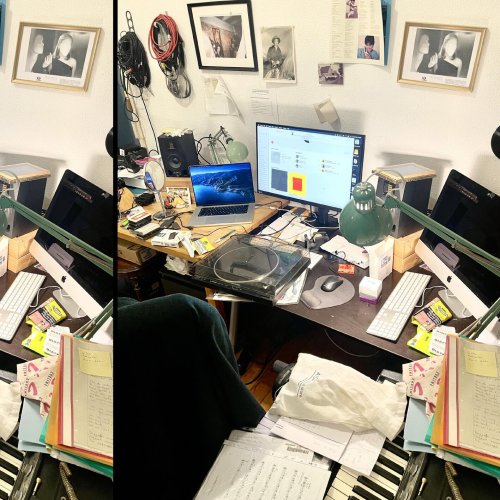
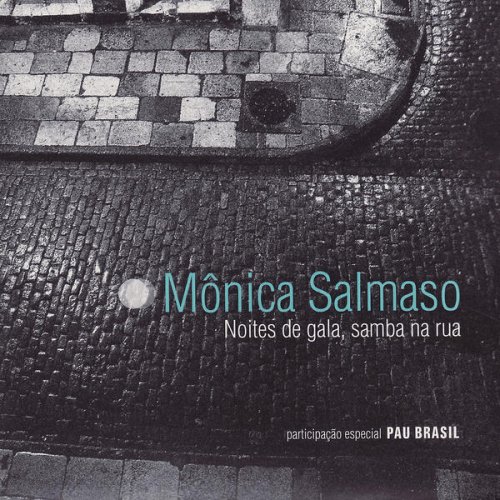
![Double Drums, Philipp Jungk & Alexander Glöggler - All You Can Beat (2026) [Hi-Res] Double Drums, Philipp Jungk & Alexander Glöggler - All You Can Beat (2026) [Hi-Res]](https://www.dibpic.com/uploads/posts/2026-02/1771946421_folder.jpg)
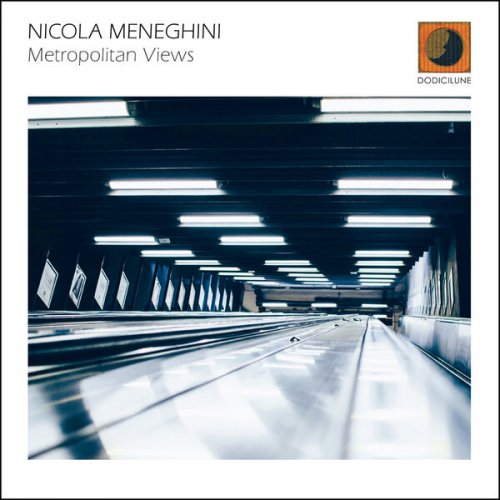
![Bill Champlin - Through It All (1994) [Japanese Edition] Bill Champlin - Through It All (1994) [Japanese Edition]](https://www.dibpic.com/uploads/posts/2026-02/1771699229_ff.jpg)
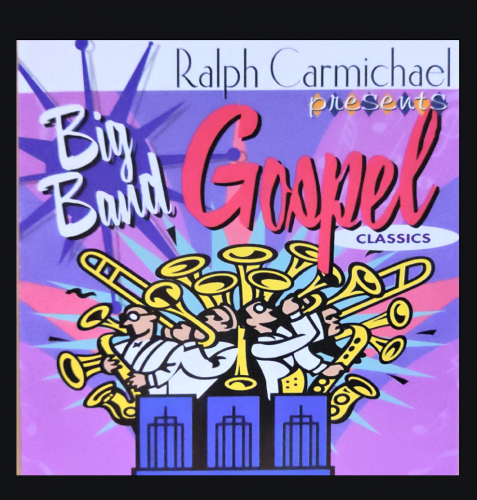
![Marius Neset - Time to Live (2026) [Hi-Res] Marius Neset - Time to Live (2026) [Hi-Res]](https://www.dibpic.com/uploads/posts/2026-02/1771945711_folder.jpg)
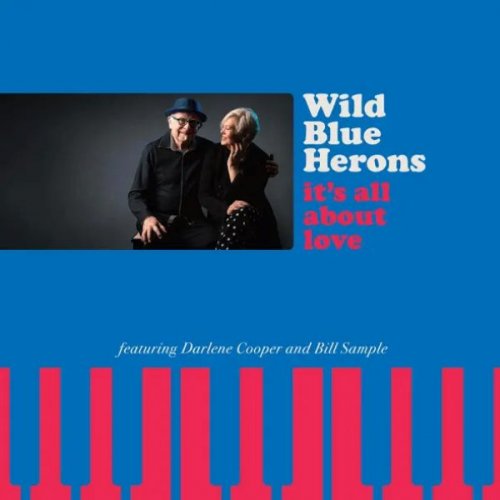
![Bob James, David Sanborn, Tsuyoshi Yamamoto, Susan Wong, Fourplay - The Best Of Evosound Audiophile (2024) [SACD] Bob James, David Sanborn, Tsuyoshi Yamamoto, Susan Wong, Fourplay - The Best Of Evosound Audiophile (2024) [SACD]](https://www.dibpic.com/uploads/posts/2026-02/1771744987_folder.jpg)